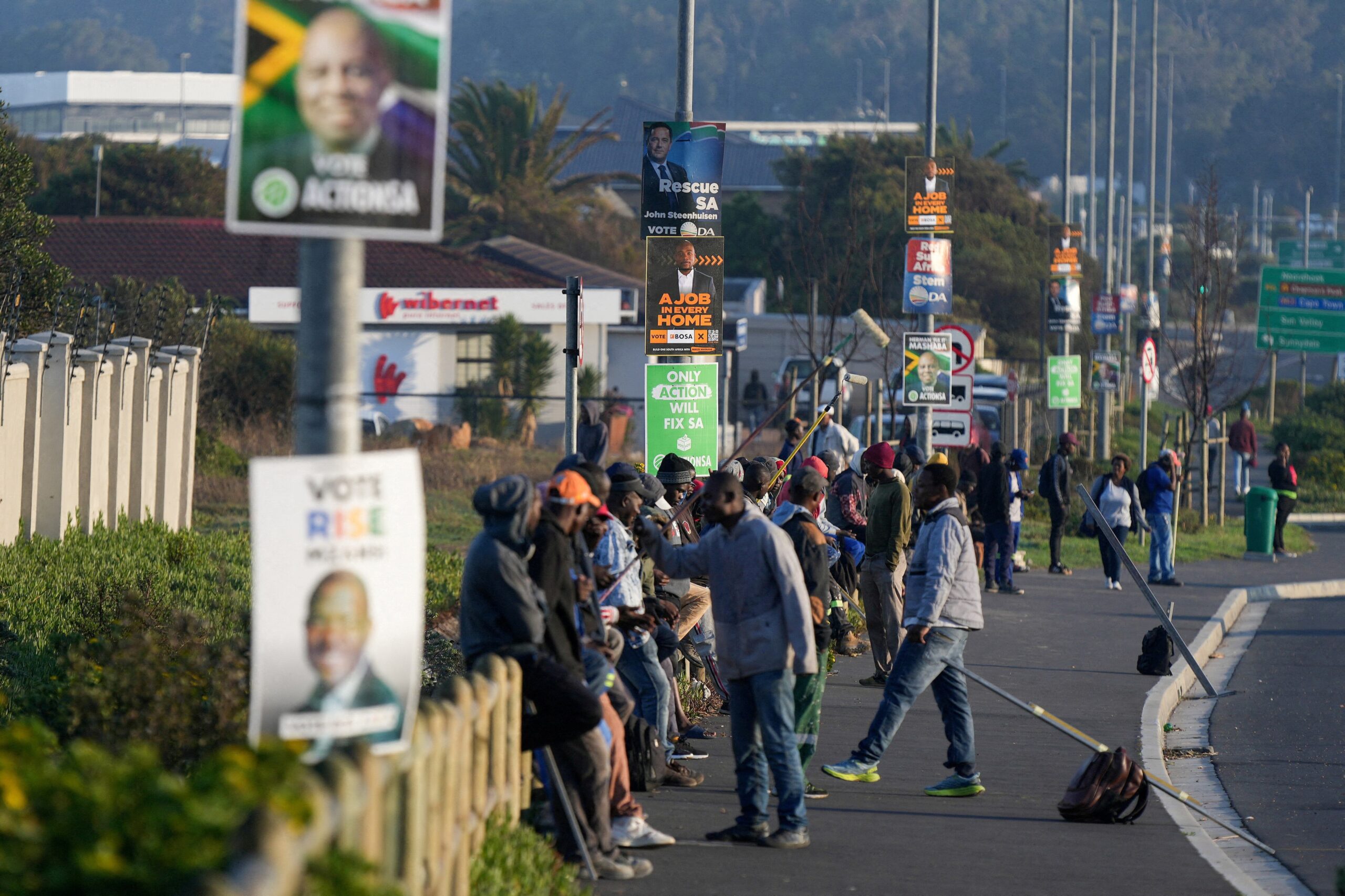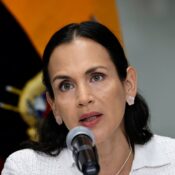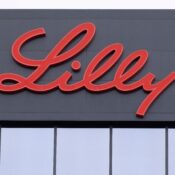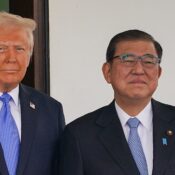
Chair argues an opposition alliance can win the South African election
The head of the negotiations that resulted in the formation of the alliance, which is composed of opposition parties in South Africa, stated on Wednesday that the coalition has the potential to win the May 29 election and bring about a substantial shift from the 30 years of ANC rule.
Eleven political parties comprise the Multi-Party Charter (MPC), whose goal is to unseat the African National Congress (ANC) in the most unpredictable election since apartheid. The parties have reached a consensus on a number of broad policy issues, such as a dedication to a free market economy.
According to polls, the ANC will remain the largest party but lose its majority, which might lead to a coalition administration.
“This is our first election that will go to the wire,” stated William Gumede in a Reuters interview. Gumede led the 2023 conference that produced the MPC.
Gumede, a nonpartisan professor of public administration at the University of the Witwatersrand in Johannesburg, claimed that the ANC had failed, citing issues with corruption, inadequate basic service delivery, economic stagnation, and other issues.
According to Gumede, the MPC’s principles include upholding the constitution and the rule of law for all people, free market economics, contracting with private companies to provide services, and a dedication to social justice combined with welfare reform that would condition some benefits on taking part in skills training.
The two most well-known parties in the group are ActionSA, which is led by reputable former Johannesburg mayor Herman Mashaba, and the Democratic Alliance (DA), which placed second in the previous election five years ago.
Other groups include the white Afrikaner community’s advocacy group Freedom Front Plus and the socially conservative Inkatha Freedom Party, which is primarily supported by Zulus.
One of the alliance’s key selling qualities, according to Gumede, is its diversity. To improve its lot in life, South Africa needs to harness all of its resources, including its vibrant business community and diverse racial and ethnic population.
The African National Congress (ANC) has refrained from publicly expressing that it might lose its majority or identifying a coalition partner.
The worst-case scenario for Gumede and the MPC’s constituent parties would be an alliance between the ANC and any or both of the two smaller left-wing parties, uMkhonto we Sizwe (MK) and the Economic Freedom Fighters (EFF).
In a March survey, the Johannesburg-based think tank Brenthurst Foundation showed that 39% of respondents supported the African National Congress (ANC), while 33% supported the opposition alliance parties as a whole. The EFF garnered 10% support, compared to 13% for MK.
In a survey regarding coalition preferences, 29% of participants expressed a preference for the MPC, 25% for an ANC/DA alliance, and 24% for an ANC/EFF agreement.
Given the volatility of the situation and the tense connections between the EFF, MK, and certain ANC groups, Gumede said the MPC had everything to lose.
He stated that a lot would rely on voter turnout, noting that 9 million registered voters did not cast ballots in the previous election.
He added that if two million of them showed up for member parties, the MPC could win, and that the ANC was unlikely to increase its own numbers because of the extreme displeasure with the party.
“They didn’t turn up for the ANC in 2019 and they’re not going to now,” he stated.
All Categories
Recent Posts
Tags
+13162306000
zoneyetu@yahoo.com



